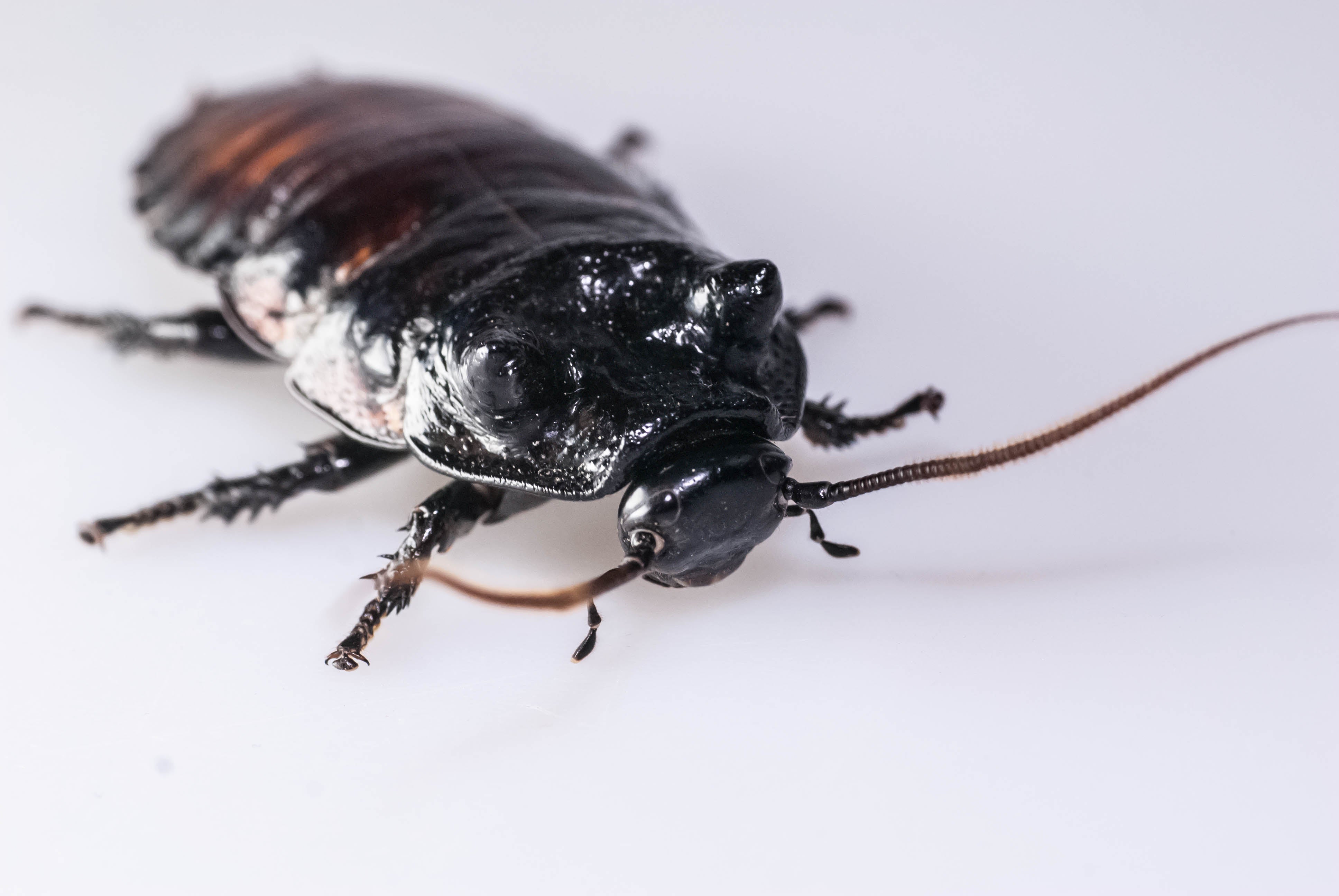Researchers develop new technology to kill cockroaches
Scientists at Heriot-Watt University in Edinburgh have developed the new technology which targets the pests within 1.2 metres of accuracy.

Your support helps us to tell the story
From reproductive rights to climate change to Big Tech, The Independent is on the ground when the story is developing. Whether it's investigating the financials of Elon Musk's pro-Trump PAC or producing our latest documentary, 'The A Word', which shines a light on the American women fighting for reproductive rights, we know how important it is to parse out the facts from the messaging.
At such a critical moment in US history, we need reporters on the ground. Your donation allows us to keep sending journalists to speak to both sides of the story.
The Independent is trusted by Americans across the entire political spectrum. And unlike many other quality news outlets, we choose not to lock Americans out of our reporting and analysis with paywalls. We believe quality journalism should be available to everyone, paid for by those who can afford it.
Your support makes all the difference.Scientists from Heriot-Watt University have developed a system to target the problem of cockroaches using laser and artificial intelligence technology.
Designed by Ildar Rakhmatulin, the system has been built using affordable, off-the-shelf equipment and detects cockroaches within 1.2 metres of accuracy.
Cockroaches are a pest found all around the world and in the UK. They are famously resilient – for years people believed they could even survive a nuclear bomb.
The system was tested on the pests last year and findings have now been published in the journal Oriental Insects.
Household cockroaches can live in populations of millions. They can spoil food and appliances, but are also a serious health hazard – triggering allergic reactions and the development of asthma.
Existing methods of pest control for cockroaches have been ineffective, but Mr Rakhmatulin’s system relies on machine vision.
Two cameras send signals back to the computer which give the cockroach’s position.
When researchers used the laser on low power, they could change cockroach behaviour: emitting persistent heat from the laser causes the cockroaches to change position or direction. This means they can be deterred from dark hiding places.
Turning the heat up on the laser meant they could neutralise, or kill, the cockroaches from up to 1.2 m.
“This laser system is selective and eco-friendly pest control method. It’s extremely promising,” Mr Rakhmatulin said.
“It’s a tuneable system, so it could be used to protect against mosquitos, to keep predatory hornets away from bees or parasites from valuable crops or stores.
“This system is not suitable for household use. The laser used will cause blindness or serious damage to the eyes.
“I’m sorry for people with cockroaches in their house, but this isn’t the solution for them.”